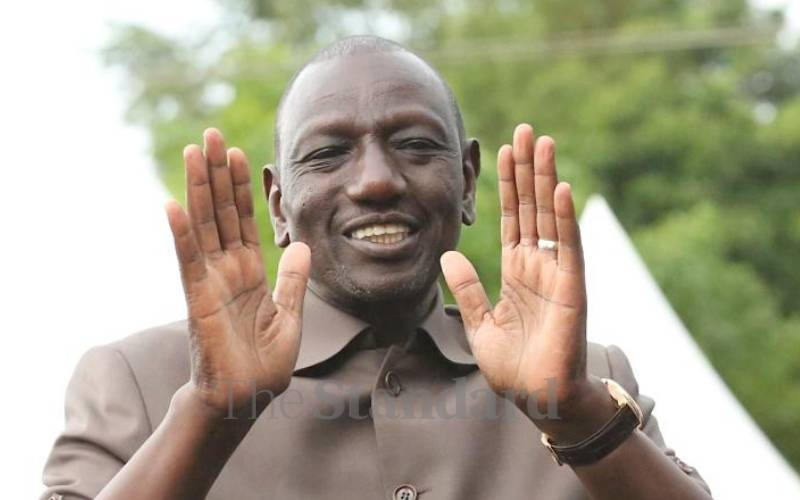×
The Standard e-Paper
Home To Bold Columnists

Few days ago, Deputy President Rigathi Gachagua recited a tired chorus that reawakened debate around Kenya's wanting road safety record.
The DP held that the State would deal with traffic offenders no matter their status. He, in another of his bare populist mantras, ordered the police to 'respect' boda boda riders.